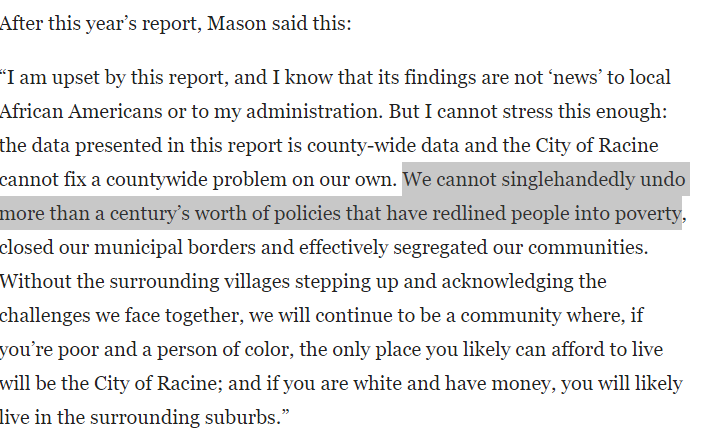
Five (and a half) interesting items tucked into the budget requests of Wisconsin state agencies: bit.ly/2JsVnyV
1/ Downgrade marijuana possession to an ordinance violation for first and second offenses, misdemeanor for third offense. (Currently, possession is a misdemeanor for first offense, felony thereafter.) This would save the Public Defender's Office half a million dollars/yr.
2/ No tax credits for #Foxconn since they aren't fulfilling the terms of the contract. That frees up $424 million (!!) over two years in money taxpayers won't be putting in Foxconn's pocket.
3/ Fully expand BadgerCare. We could help Wisconsin residents get access to high-quality, affordable health care, and save state tax money at the same time. What's not to like?!? @KidsForwardWI has all you want to know about the advantages. bit.ly/36pZAwe
4/ Money to allow schools to provide driver's ed to 14,000 students from families with low incomes. This helps kids get driver's licenses and makes it easier for them to get a job after they graduate. Cost: $6 million/yr.
5/ Expand Bucky's Tuition Promise to all campuses in the UW System. Currently just at UW-Madison, the initiative waives tuition and fees for WI students from families with incomes of $60K or less. Cost: $25 million/yr.
5-and-a-half Although not included in the official budget request, the Dept of Workforce Development included a letter indicating the need to upgrade the IT system for the unemployment benefits program, an effort that would cost between $48 and $70 million.
• • •
Missing some Tweet in this thread? You can try to
force a refresh






